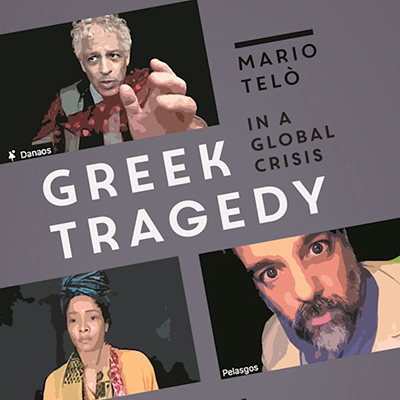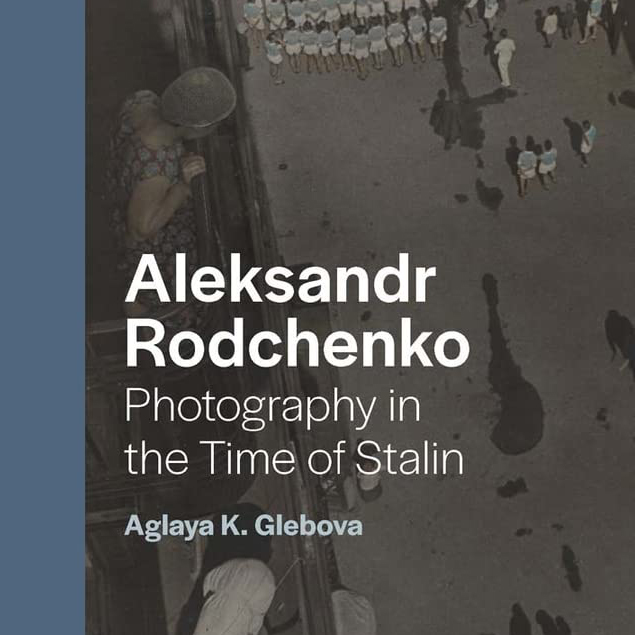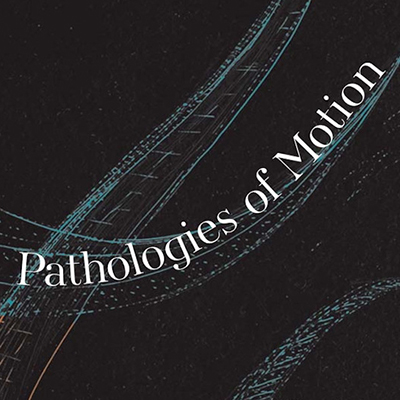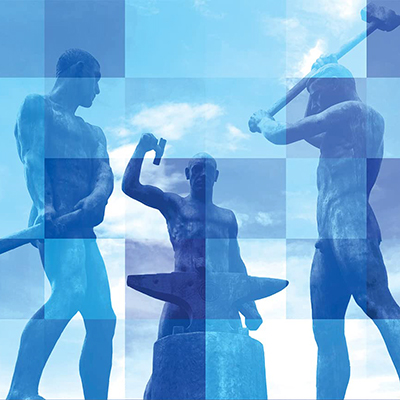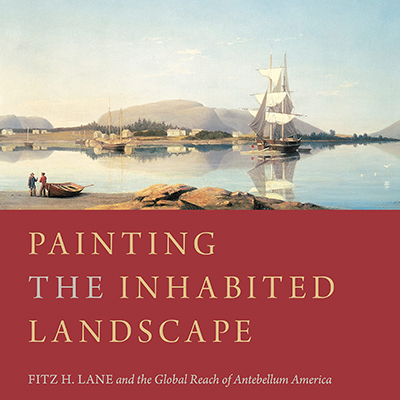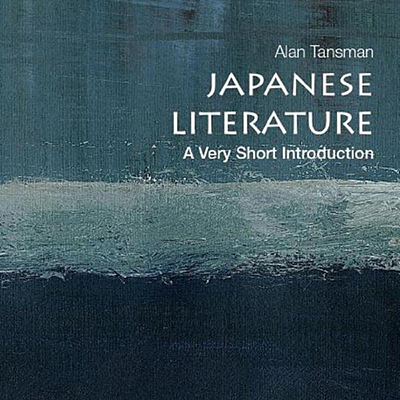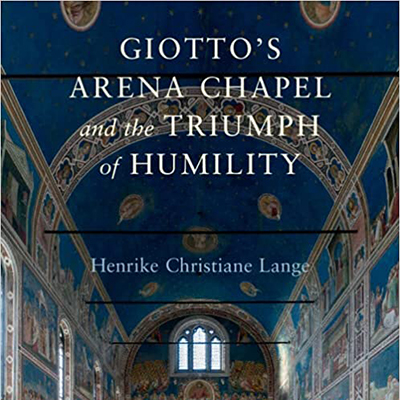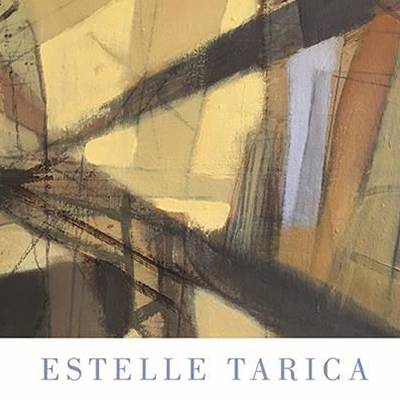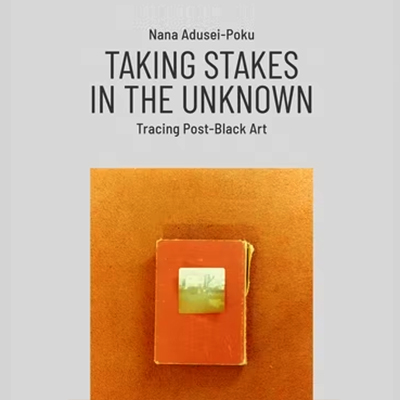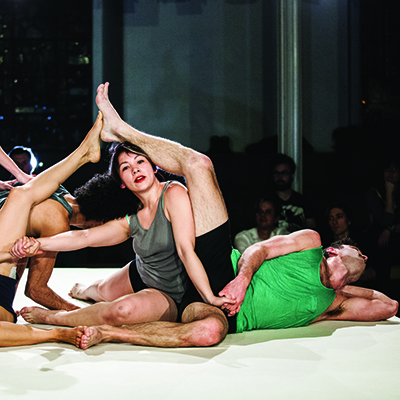The Townsend Center presents a lunchtime series celebrating the intellectual and artistic endeavors of the UC Berkeley faculty. Each Berkeley Book Chat features a faculty member engaged in conversation about a recently completed publication, performance, or recording. The series highlights the extraordinary breadth and depth of Berkeley’s academic community.
Concrete Encoded: Poetry, Design, and the Cybernetic Imaginary in Brazil
Nathaniel Wolfson shows how the concrete movement in art and poetry — which burst onto Brazil’s cultural stage in the 1950s, during a dizzying period of modernization — presciently grappled with an emerging information age.
In his exploration of plays named after objects, Mario Telò offers a new approach to the politics of familial and social relations in Roman comedy.
Past Events
Mario Telò asks what it means to read Greek tragedy in a pandemic, exploring how the genre can address urgent contemporary crises.
Through the lens of Aleksandr Rodchenko’s photography, Aglaya Glebova charts a new understanding of the troubled relationship between technology, modernism, and state power in Stalin’s Soviet Union.
Pathologies of Motion: Historical Thinking in Medicine, Aesthetics, and Poetics
Kevis Goodman approaches late 18-century medicine, aesthetics, and poetics as overlapping forms of knowledge that probe the relationship between the geographical movements of persons displaced from home and the physiological “motions” within their bodies and minds.
In her examination of Finland — where public health officials named occupational burnout a "new hazard" of the new economy — Daena Funahashi asks what moves people to work to the point of pathological stress.
Painting the Inhabited Landscape: Fitz H. Lane and the Global Reach of Antebellum America
In her study of the inhabited landscape paintings of 19th-century artist Fitz H. Lane, Margaretta Lovell asks how New Englanders conceived of their land, economy, history, and place in the global community.
Alan Tansman traces the rich history of Japanese literature, which encompasses a vast range of forms and genres stretching back nearly 1500 years.
Henrike Lange examines one of the most celebrated monuments in the world, offering new readings of the work and asking fundamental questions about its place in Western art history.
Estelle Tarica examines how community leaders, writers, and political activists facing state repression in Latin America have used Holocaust terms to describe human rights atrocities in their own countries.
Nana Adusei-Poku examines the socio-historical and cultural context of the term “post-black” and its use in defining the work of artists who resisted being labeled as “black artists.”
In this collection of essays spanning her career, Shannon Jackson explores a range of disciplinary, institutional, and political puzzles that engage the social and aesthetic practice of performance.


